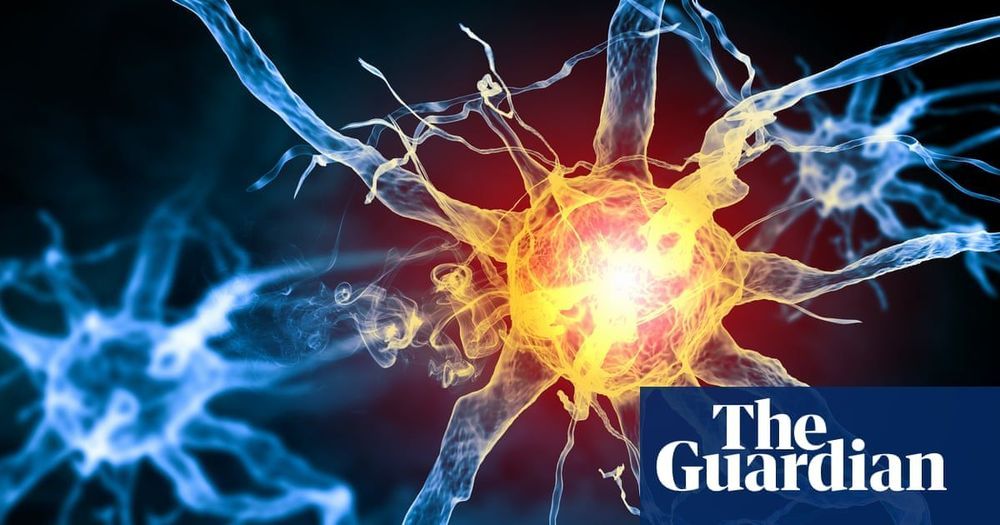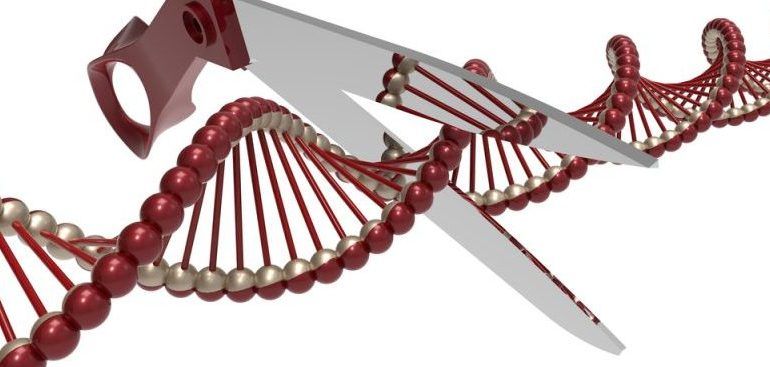Promise yields hype; hype yields false promises.
Engineer.ai says it uses artificial intelligence to help automate app-development. Current and former staffers say the company inflates its technical prowess to attract customers and investors.

Promise yields hype; hype yields false promises.
Engineer.ai says it uses artificial intelligence to help automate app-development. Current and former staffers say the company inflates its technical prowess to attract customers and investors.

LinkSpace’s test flight on Saturday came on the heels of a historic delivery of a satellite into orbit last month by privately owned Chinese firm iSpace.
BEIJING (Reuters) — Chinese startup LinkSpace on Saturday completed its third test of a reusable rocket in five months, stepping up the pace in China’s race to develop a technology key to cheap space launches in an expected global boom in satellite deployment.

A new organ involved in the sensation of pain has been discovered by scientists, raising hopes that it could lead to the development of new painkilling drugs.
Researchers say they have discovered that the special cells that surround the pain-sensing nerve cells that extend into the outer layer of skin appear to be involved in sensing pain – a discovery that points to a new organ behind the feeling of “ouch!”.


A research group at ETH Zurich, Switzerland, has made it possible to edit hundreds of genes at once with CRISPR gene editing.
CRISPR gene editing has revolutionized the biotech industry by providing an easy and quick way to genetically modify organisms. So far, however, CRISPR techniques have only managed to edit a maximum of seven genes at once. This limits the potential of the technique in creating cell therapies, since whole networks of genes need to be reprogrammed to control each cell’s fate.
The Swiss research group devised a way to overcome this limitation with a CRISPR technique able to edit 25 genes in one go. This number could also be increased to up to hundreds of genes at a time. This method therefore makes it possible to edit gene networks, and reprogram stem cells to become cell therapies such as skin cells or insulin-producing pancreatic cells.
Bago pa pirmahan ni Pangulong Rodrigo Duterte ang batas na bubuo sa isang national space agency, may Pinoy microsatellites nang lumilipad sa outer space. Ano kaya ang ginagawa nila sa kalawakan? Naghahanap ng aliens, black holes, o bagong planeta? Ipakikilala sa atin ni Hillary Andales sina Diwata 1 at Diwata 2, ang kauna-unahang Pinoy microsatellites.
The de Grey… AEWR.
Storytel, a monthly free trial: https://storytel.ru/bookperson
VK public page «Mustreads» where you can win the book «Ending Aging»: https://vk.com/mustreads
Mustreader: https://instagram.com/mustreader
Mustreads, Telegram: https://tlg.name/mustreads
Mustwatch, Telegram: https://tlg.name/mustwatch
Support the project on Patreon: https://patreon.com/mustreader
21 lessons for the 21st century by Yuval Noah Harari: https://amzn.to/2H6QN5u
Infinite Jest by David Foster Wallace: https://amzn.to/2Z8pHkq
The Fry Chronicles by Stephen Fry: https://amzn.to/2KAlLVR
SENS Research Foundation: https://www.sens.org/
Support SENS: https://www.sens.org/get-involved/
Podcast episode of Terminal Reading with KrioRus co-founder, part 1: https://tlg.name/mustreads/1981; part 2: https://tlg.name/mustreads/1989
Website of KrioRus: http://kriorus.ru/


